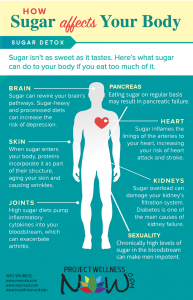
What exactly is organic food?
The idea of organic food is a very simple one. It refers to the agricultural method of growing and processing foods, such as fruits, vegetables, grain, meats and dairy products.
Organic farming resembles the origins of farming and food production, without the use of artificial chemicals, antibiotics or genetic modification.

There are strict guidelines that farmers and producers must follow in order to legally label their food as organic, but essentially it means there can’t be any artificial food additives in it. That includes artificial colors, flavors, sweeteners, preservatives or MSG.
Producers who grow organic crops generally use natural fertilizers, that would have been used generation ago on farms, such as animal manure and compost. They also generally use old-style farming methods like crop rotation, ultimately improving soil quality and ground water conservation in the process.
Animals that are raised for organic meat or dairy products are not fed or injected with hormones or antibiotics.
Organic farming reduces pollution, compared to modern-day farming methods, potentially making it better for environment.
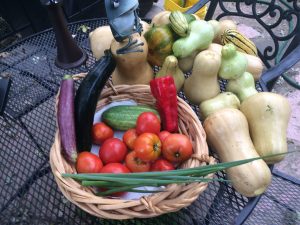
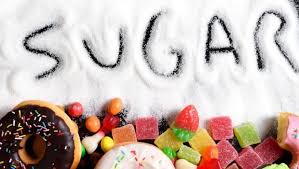
SUGAR
Expert panels worldwide have made consistent recommendations on daily sugar intake. The American Heart Association recommends no more than 6 teaspoons (25 grams) of added per day for women and 9 teaspoons (38 grams) for men.
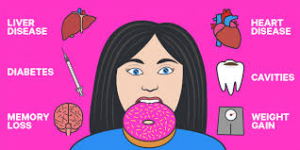
Most Americans are consuming way too much sugar-on average, nearly 66 pounds of added sugar per person, every year.
This could be affecting us in ways that us prone to craving more and to obesity.
The average American consumes has 19.5 teaspoons (82 grams) everyday. Children and teens are particularly at risk.
With as many as 11 teaspoons (46.2 grams) of added sugar in one 12 oz. soda, a single serving is close to double most people’ s daily sugar allowance. But sugar also is pervasive in our food supply.
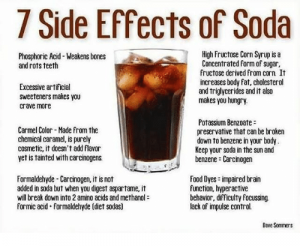
A leading brand of yogurt, for example, has 7 teaspoons (29 grams) of total sugar in a single serving, most of it added.
How much hidden sugar are you eating without even knowing it:
1 Flavored , packaged yogurt.
2 Cereal
3 Bottled sauces and dressings.
4 Low- fat packaged foods like cookies and crackers ( 100-calorie packs too).
5 Granola bars
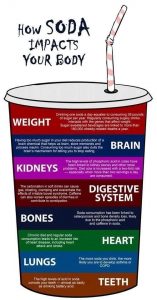
These five foods are tirelessly marketed as healthy and often contain more sugar than chocolate sauce- seriously. Don’t fall victim to this marketing trap. Get smart and stay healthy.
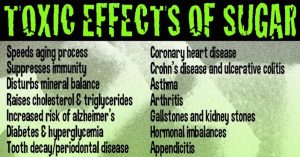
10 ways sugar harms your health:
1 Sugar causes blood glucose to spike and plummet.
2 Sugar increase the risk of obesity, diabetes and heart disease
3 Sugar interferes with immune function.
4 A high-sugar diet often results in chromium deficiency.
5 Sugar accelerates aging.
6 Sugar causes tooth decay.
7 Sugar can cause gum disease, which lead to heart disease.
8 Sugar affects behavior and cognition in children
9 Sugar increases stress.
10 Sugar takes the place of important nutrients.
